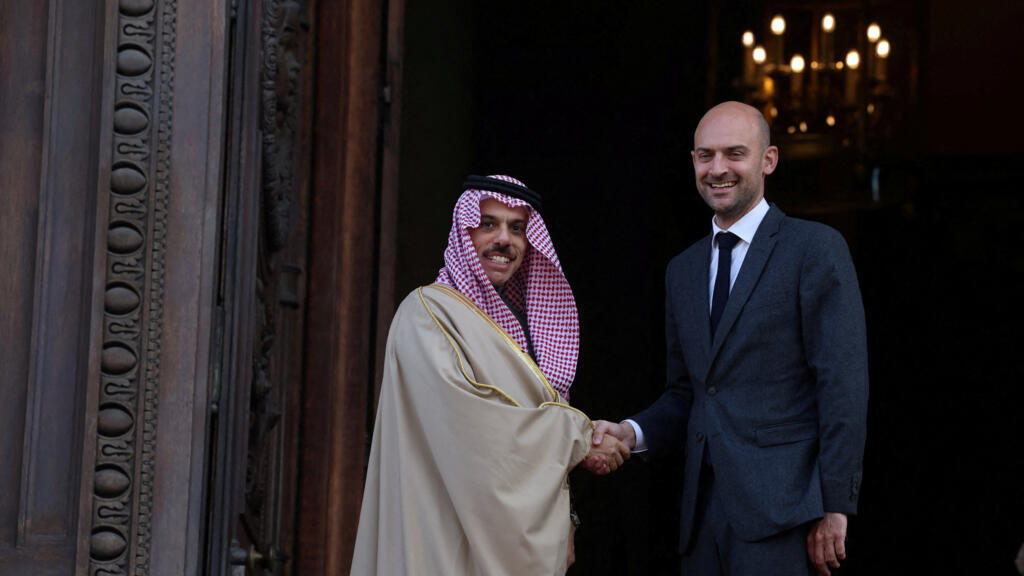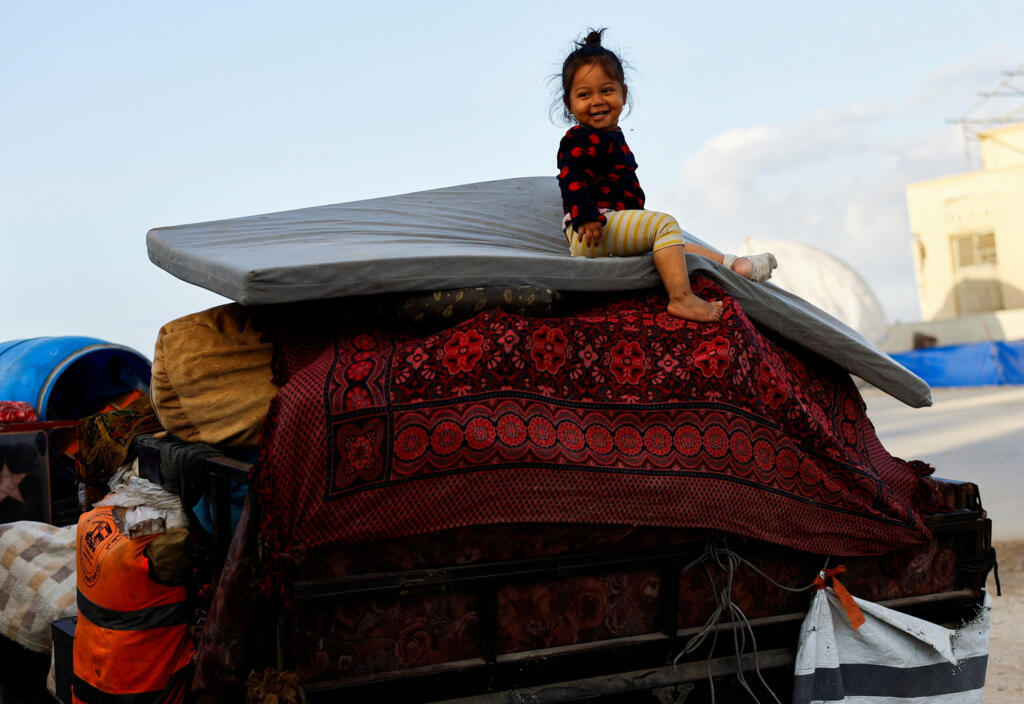
The United States' closest European and Arab partners have met in Paris to plan how to shape Gaza’s post-war future, hours after Israel and Hamas agreed a ceasefire and prisoner-hostage swap backed by US President Donald Trump.
Israel’s government approved the truce early Friday, a day after mediators announced an agreement to free 20 Israeli hostages in exchange for Palestinian prisoners. It is the first phase of Trump’s initiative to end the two-year war in Gaza.
Major questions remain over who will govern the devastated territory, how to rebuild it, and whether Hamas will disarm – a key Israeli demand that the group has not yet accepted.
French Foreign Minister Jean-Noel Barrot said countries had discussed what they could contribute in the aftermath of the war. “We discussed the major fields to which we intend to contribute – security, governance, reconstruction and humanitarian aid,” he said.
Without giving details, Barrot said governments had identified specific areas they were ready to take on. “We will share them with the United States so that they can integrate them,” he said.
The United Nations said Thursday it had prepared a detailed 60-day plan to rush humanitarian aid into Gaza once the ceasefire begins, aimed at helping civilians in the war-ravaged territory.

UN unveils 60-day aid plan for Gaza once ceasefire starts
'Best chance we have'
The UN General Assembly last month endorsed a declaration outlining steps towards a two-state solution, while also condemning Hamas and urging it to surrender and disarm. Parts of that have been included in the Trump plan, but European and Arab officials have warned there are gaps.
Officials said the aim was to work quickly side by side with Washington so that the opportunity of a ceasefire and a move to lasting peace was not lost.
"This is the best chance we have right now," EU foreign policy chief Kaja Kallas told reporters. "But we need to work for the plan after [the war], so that it would be sustainable."
Among those attending in Paris were Qatar's Prime Minister Sheikh Mohammed bin Abdulrahman al-Thani, who was one of the mediators of the ceasefire, as well as the Egyptian and Turkish foreign ministers, whose countries played a leading role in convincing Hamas to agree the deal.
All eyes on Hamas after Trump's Gaza plan wins Netanyahu backing
Mandate for international force
Trump's plan also calls for an international stabilisation force, and that was core to much of Thursday's discussions, including establishing a United Nations mandate for a peacekeeping force, officials said.
The United States is sending about 200 troops to Israel to help support and monitor the ceasefire deal in Gaza, US officials said Thursday.
Diplomats said a number of countries had expressed interest in taking part, including Indonesia, which was represented on Thursday, but also Italy and Azerbaijan.
"I told all the ministers that we want to be major players – beyond security – also in reconstruction," Italian Foreign Minister Antonio Tajani told reporters.
German Chancellor Friedrich Merz said on Friday that Germany would provide 29 million euros in immediate humanitarian aid for Gaza.
Macron recognises Palestinian state at UN, defying Israel and United States
An earlier French proposal seen by Reuters outlined a phased plan for training and equipping 10,000 Palestinian Authority (PA) security forces. The PA was driven out of Gaza by Hamas but Trump's plan hints at a future role for it.
Under the proposals, a multinational stabilisation force requiring a UN Security Council mandate and international financial support would be gradually deployed if a deal is reached.
It would monitor a ceasefire, oversee Hamas' disarmament and support the transfer of security responsibilities to the PA.
(with newswires)







